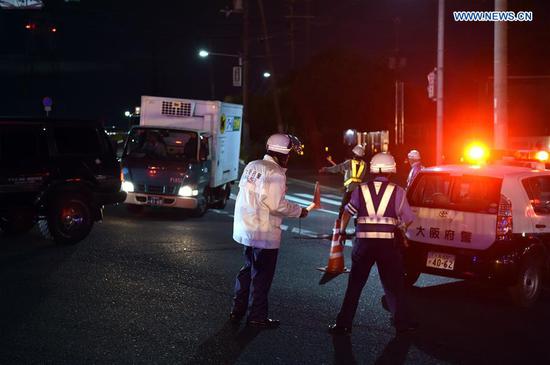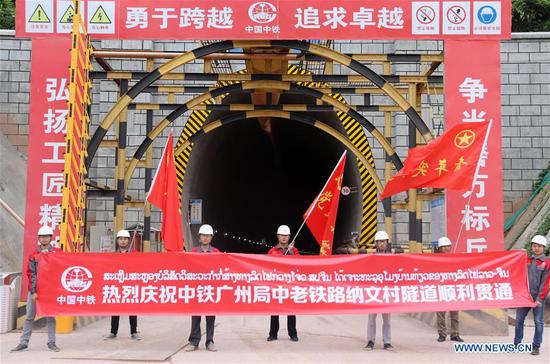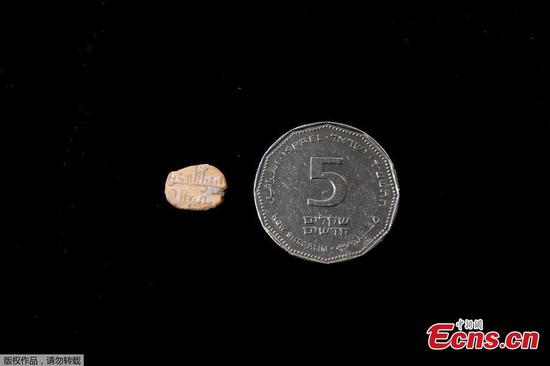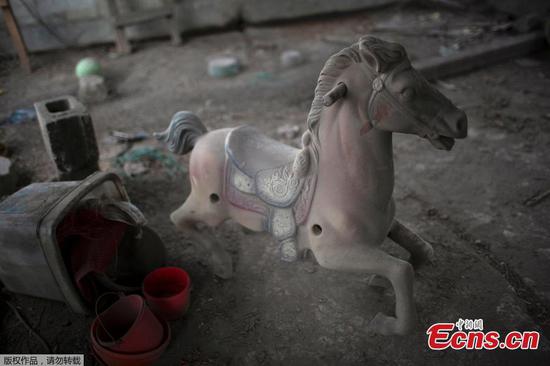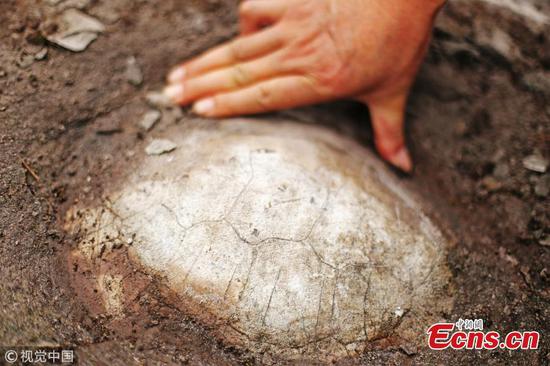China Securities Regulatory Commission (CSRC) warned investors of the potential losses arising from speculation in tech stocks, amid the launch of Chinese Depository Receipts (CDRs) as a new funding way for innovative enterprises.
“We warn domestic investors of the need to be fully aware of the investment risk of innovative enterprises, to prudently participate in investment in [CDR] trial enterprises, to refrain from following the trend of speculation,” said CSRC spokesperson Gao Li.
Large investment features innovative enterprises, high risk and vulnerability to upset, according to the securities regulator. It stated that it will implement stricter assessment and pricing procedures of their CDRs issuance to forestall risk.
The country is launching CDRs to allow overseas-listed Chinese tech giants to seek a secondary listing at the A-share market, hoping that it is conducive to the return of the innovators and thus boosting both domestic capital market and tech industry.
Chinese smartphone maker Xiaomi is the first such company to issue CDRs, as it submitted the CDRs application within 24 hours after CSRC introduced the rules. The application was then disclosed by CSRC in one week and will be reviewed by the regulator on Tuesday.
If Xiaomi gets the nod from CSRC, it will have spent just two weeks awaiting approval, making it the quickest ever approval for a listing in the Chinese mainland. Usually, applicants can expect to wait for several months to get approved.
Stringent CDRs assessment
Xiaomi’s fast-track application caused some controversy in the market, as some doubted whether it is because Xiaomi is an innovative pilot enterprise that the regulator relaxed the assessment standards.
“Regardless of whether it is a standard company for IPO or a trial enterprise for CDRs, CSRC will always adhere to the law and regulatory requirements for strict assessment,” Gao said at a press conference last Friday.
“[CSRC] will lawfully conduct comprehensive, multi-vector assessments of trial enterprises from both a financial and non-financial perspective, and the strictness of assessments will be even higher than those required for standard IPO,” Gao added.
The regulator sent Xiaomi a list of 84 questions last week, intending to clarify its identity and the nature of its core business in a month. The number of questions is much more than 30+ questions for standard IPO.
The Shanghai Stock Exchange and the Shenzhen Stock Exchange also released the measures for CDRs issuance last Friday respectively, and the actions have taken effect from that day on.
Xiaomi’s IPOs plus CDRs
Xiaomi is seeking a dual listing in both Shanghai and Hong Kong. Once its CDRs application is approved, the CDRs will be traded in the Shanghai Stock Exchange, but its CDRs and Hong Kong shares are not freely convertible.
Xiaomi had a fair value of 75 billion US dollars to 85 billion US dollars, according to people familiar with the matter. The valuation nearly doubles Apple’s 14.5 times estimated adjusted earnings for next year.
The CDRs portion will account for no less than seven percent of its enlarged share capital, indicating the CDRs size will be around 5.3 billion US dollars to six billion US dollars.
The Beijing-based company also applied for listing in Hong Kong in early May with as much as 10 billion US dollars expected to be raised.
Its planned listing passed a hearing on the same day when it submitted the CDRs application. It is expected to hold a press conference for its IPOs in Hong Kong on Saturday followed by the floatation next Monday.












